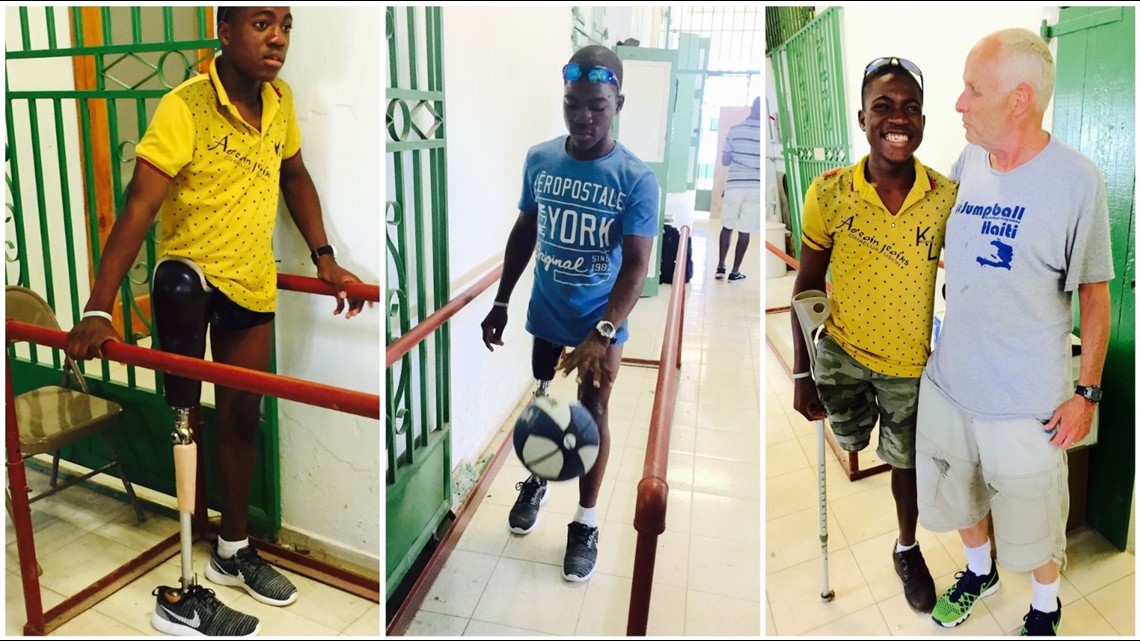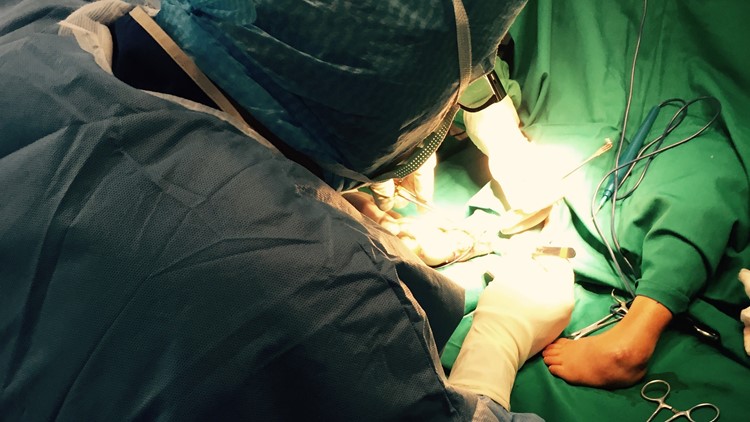Surgeries that are common and inexpensive in the United States, like fixing clubfoot, can be rare and costly in the poorest parts of the world. But there’s a Seattle organization which is about to celebrate its 30th year changing that statistic.
Based in the Fremont neighborhood, Mobility Outreach International (M.O.I.) sends doctors and support staff to some of the most impoverished countries in the world, supplying prostheses and performing life-altering surgeries.
M.O.I. has enabled mobility in more than 22,000 people so far.
In places like Haiti, Sierra Leone, Bangladesh, or Vietnam, a missing leg or a club foot - a congenital condition that is easily treatable here in the U.S. - can doom a child to a life in the shadows, ostracized even from their own families.
“In some of these countries, they think it’s witchcraft if they have a deformity,” said Dr. Rob Veith, a highly-renowned orthopedic surgeon at Proliance in Renton and the President of M.O.I.’s Board of Directors. He just returned from his 26th trip overseas with M.O.I.
Dr. Veith says fixing clubbed feet is so easy that a properly-trained, non-physician can do it, which is why M.O.I. trains villagers to perform the procedures and to construct the equipment needed.
“Our biggest goal is never to go back [to these countries],” Dr. Veith told KING5. “That’s what sustainability is all about.”
“It’s more efficient,” Dr. Valerie Bemo, who sits on the M.O.I. Board of Directors, said. “How much does it cost for a team to go to Sierra Leone? The price for two or three people -- that’s money, for that flight, that could have already saved another 10 to 20 people.”


M.O.I. has three more trips scheduled in 2018 - to Haiti, Sierra Leone and Vietnam.



